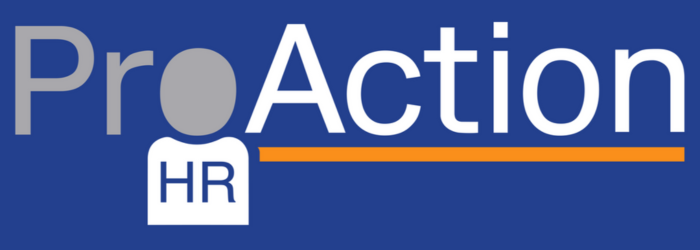Conduct v Capability
Leading up to the General Election on 4th July this year, much was made of Labour’s so-called “100 day plan” forming part of their manifesto to kickstart economic growth. They pledged to introduce legislation within 100 days to implement ‘Labour’s Plan to Make Work Pay: Delivering a New Deal for Working People’. There has been much speculation about the detail, but some parts of the Plan are relatively straightforward. Introducing day one basic rights to protection from unfair dismissal will bring Performance Management into sharp focus. Employers will need to be fair and transparent in dealing with employees who are not meeting their standards, so a robust Performance Management process - including recruitment, onboarding and probation - will be key.
Continuing his series of articles, Martin Nicholson clarifies where Performance Management is a conduct or capability issue, and why it’s important for managers to understand the distinction.
As we near the date for future legislation changing the two-year service rule, and implementing potential day one SSP rights, I thought it would be relevant to pick up on a classic series of misconceptions affecting SME businesses (in particular):
When is it conduct and when is it capability?
First let’s take a look at some dictionary definitions.
Capability: the power or ability to do something.
Conduct: the manner in which a person behaves, especially in a particular place or situation.
Discipline: the practice of training people to obey rules or a code of behaviour; using punishment to correct disobedience. NOTE: punishment isn’t accepted in a disciplinary process.
Ideally organisations would separate conduct (Disciplinary Process) from capability (Performance Improvement Plan) through the use of a separate capability process. At a bare minimum the ACAS guidelines should be followed to carry out any disciplinary actions either based on conduct or capability.
Why the confusion?
Managers and businesses see a problem but don’t always classify and determine whether it is conduct- or capability-focussed. They know they need to do something but aren’t sure of the stages, or whether it needs to be a formal matter.
Ideally, if any action is needed you would always follow one category (conduct or capability) and not merge the two matters. If someone was aggressive towards a customer, for instance, this is highly likely to be conduct related, especially if they had previously received appropriate training. Alternatively, someone failing to deliver the required sales targets, so long as the individual was conducting themselves well (i.e. had the will), is likely to be capability, an issue of performance. In such a case, training may be one intervention to help them achieve success.
In all cases there is a required need to investigate and determine how severe the issue is.
The term “disciplinary process” has such negative connotations, especially in terms of capability issues. A Performance Improvement Plan (PIP) is one alternative to focus on improving without the formal disciplinary process necessarily being reached. It’s setting a series of goals for improved performance and understanding from the employee what help they need to get there. Done well it makes the individual responsible for their performance and their manager focussed on helping them.
Understanding the difference between capability and conduct is highly important for managers to navigate their way through employee rights. Managing people compliantly can be technical at times, and we are not all HR experts (nor should we need to be - but we need to be confident in the skills we do need).
So, what do you need to know, and how do you arm your managers with the correct skills to ensure you are ready for Day One Employment Rights? Find out more about our Performance Management solutions, and please get in touch for a FREE discovery call.
Martin Nicholson is the Managing Consultant at ProAction HR, providing Human Resources Services to SME businesses in Southampton, Winchester and throughout Hampshire and the adjoining counties.
Co-founder of the Winchester-based HR company, Martin and his team support clients across Hampshire and neighbouring counties, providing HR advice, HR consultancy, and HR services. They cover a broad range of HR solutions, from one-off responsive HR support to a full Human Resources service, along with Learning & Development, Training and Change Management.
“Helping organisations to thrive on the value & uniqueness of their people.”




